Vulcano Summer School 2022: Overview of the field-based terrestrial, marine and planetary analogue studies campaign
- 1Jacobs University Bremen, Physics and Earth and Environmental Sciences, Bremen, Germany (v.unnithan@jacobs-university.de)
- *A full list of authors appears at the end of the abstract
After a pause of two years, the two-week summer school at Vulcano, Sicily in June 2022 brought together, once again, scientists, researchers, students, and technicians, to another field campaign dealing with topics ranging from geology to robotic environmental exploration, astrobiology, and the study of planetary analogues. A number of successful (planned and unplanned) experiments and sampling campaigns were carried out on the island and in the coastal waters around Vulcano.
Vulcano is the third largest and southernmost island of the Aeolian archipelago in the Tyrrhenian Sea. The central Fossa crater on Vulcano has similar surface morphology to lunar and martian regions with extremely dry, arid conditions, little or no vegetation cover, angular grains over a range of grain-sizes. The diverse and extreme (hostile) environments at Vulcano provide an essential training ground for testing instruments and techniques foreseen for future robotic exploration missions to Mars and other bodies with a particular focus on astrobiology. This year, as in the past campaigns, a variety of spectral instruments ranging from visible and near-infrared (VNIR) reflectance to Raman spectroscopy will be deployed at various sites for mineralogical, biological, and elemental analysis. The in-situ survey, and its comparison with laboratory standards and instruments, will provide an assessment of the usability of these techniques to characterize extraterrestrial environments and guide our search for life in the Solar System (e.g. via assessing the detectability of biosignatures).
Drone photogrammetry surveys provide the regional context, map areas of interest such as potential hazards, while an Integrated Positioning System (IPS) in combination with infrared thermal imagery was deployed for future mapping and thermal stability analysis of different sites on Vulcano.
Furthermore, geophysics techniques such TEM and IP electric measurements of fumaroles and their 3D structure will be investigated. Last but not least, robotic missions for terrain analysis, locomotion and mapping will be undertaken on various lunar and martian analog terrains.
Neu, Florian; Ricardez Ortigosa, Adrian; Glückstadt, Ludwig; Irmisch, Patrick; Chatzievangelou, Damiano; Dey, Rohit; Pisello, Alessandro; Picardi, Giacomo; Alemanno, Giulia; Adeli, Solmaz; Bonato, Enrica; Garland, Stephen; Martin, Sonntag; Sascha, Weit; Lorenzo, Schmitt; Robert, Herold; Qadir, Faisal; Bin Aimer, Mohammed; Menon, Vignesh; Gurses, Can; Kwon, Geeju; Aamir, Hassan; Eichner, Antonia; Gillespie, Juniper; Solomon, Lila; Moussaid, Rim; Oliva, Julia; Pradeep Kumar, Niranjana; Herrmann, Charlotte; Sanjabi, Ava; Baqué, Mickael; Byrne, Luke; Stephan, Katrin; Baby, Namitha; Börner, Jana; Occhipinti, Martina; Yazici, Isik Su; Csuka, Joleen; Thomsen, Laurenz; Maurelli, Francesco; Sohl, Frank; Helbert, Joern
How to cite: Unnithan, V. and the VulcanoTeam2022: Vulcano Summer School 2022: Overview of the field-based terrestrial, marine and planetary analogue studies campaign, Europlanet Science Congress 2022, Granada, Spain, 18–23 Sep 2022, EPSC2022-1109, https://doi.org/10.5194/epsc2022-1109, 2022.

